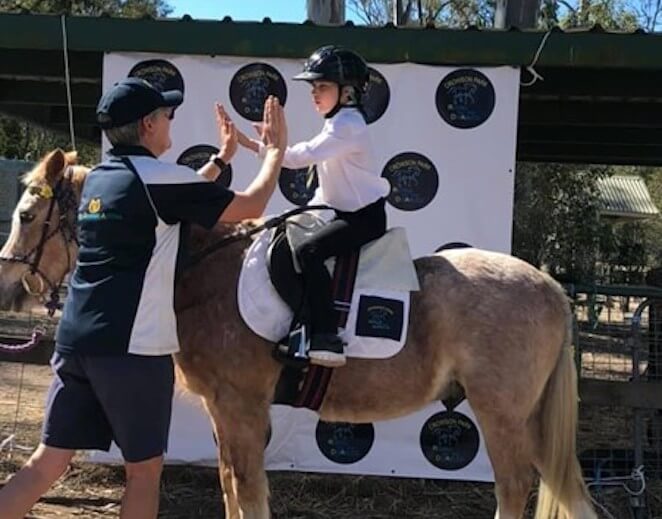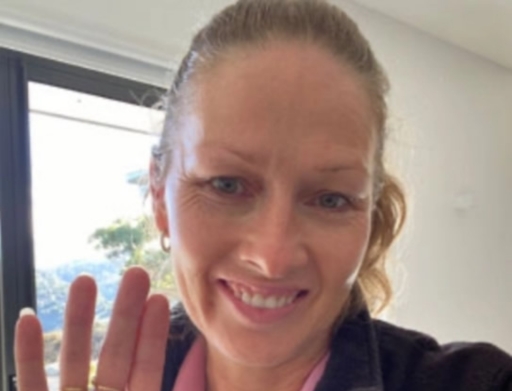Become a
Coach at RDA
RDA is always looking for trained accredited coaches
Level 0
Level 1
Level 2
Hear from our Coaches
How to become a coach

A Centre Coach course is designed for candidates with a foundation knowledge of horse riding skills, experience working safely around horses, aptitude for coaching and working with people with disabilities and a demonstrated ability to work within and lead teams. Applicants for Centre Coach must be over 16 years of age and 18 years of age before completing the qualification. They must also be able to demonstrate horse riding skills at Walk, Trot and Canter.
Advanced coaching courses are also available through the Coach Development Framework.
If you are interested in becoming an accredited RDA Coach please contact your local Centre or State Coaching Coordinator. If you have an existing coach qualification, it may be transferrable to the RDA coaching qualification and additional information regarding Recognition of Prior Learning is available from RDA Australia.
 Ensure your local centre management committee has endorsed your training request
Ensure your local centre management committee has endorsed your training request
 Contact your RDA State Coaching Coordinator to register as a Trainee Coach
Contact your RDA State Coaching Coordinator to register as a Trainee Coach
 States will provide information regarding pre-requisites for training, the application process and access to learning resources
States will provide information regarding pre-requisites for training, the application process and access to learning resources
To begin your training as an RDA Riding or Carriage Driving Assistant Coach, download the relevant form below and submit it to your State Coaching Coordinator.


